New Dean of Research: Poor funding is a major challenge
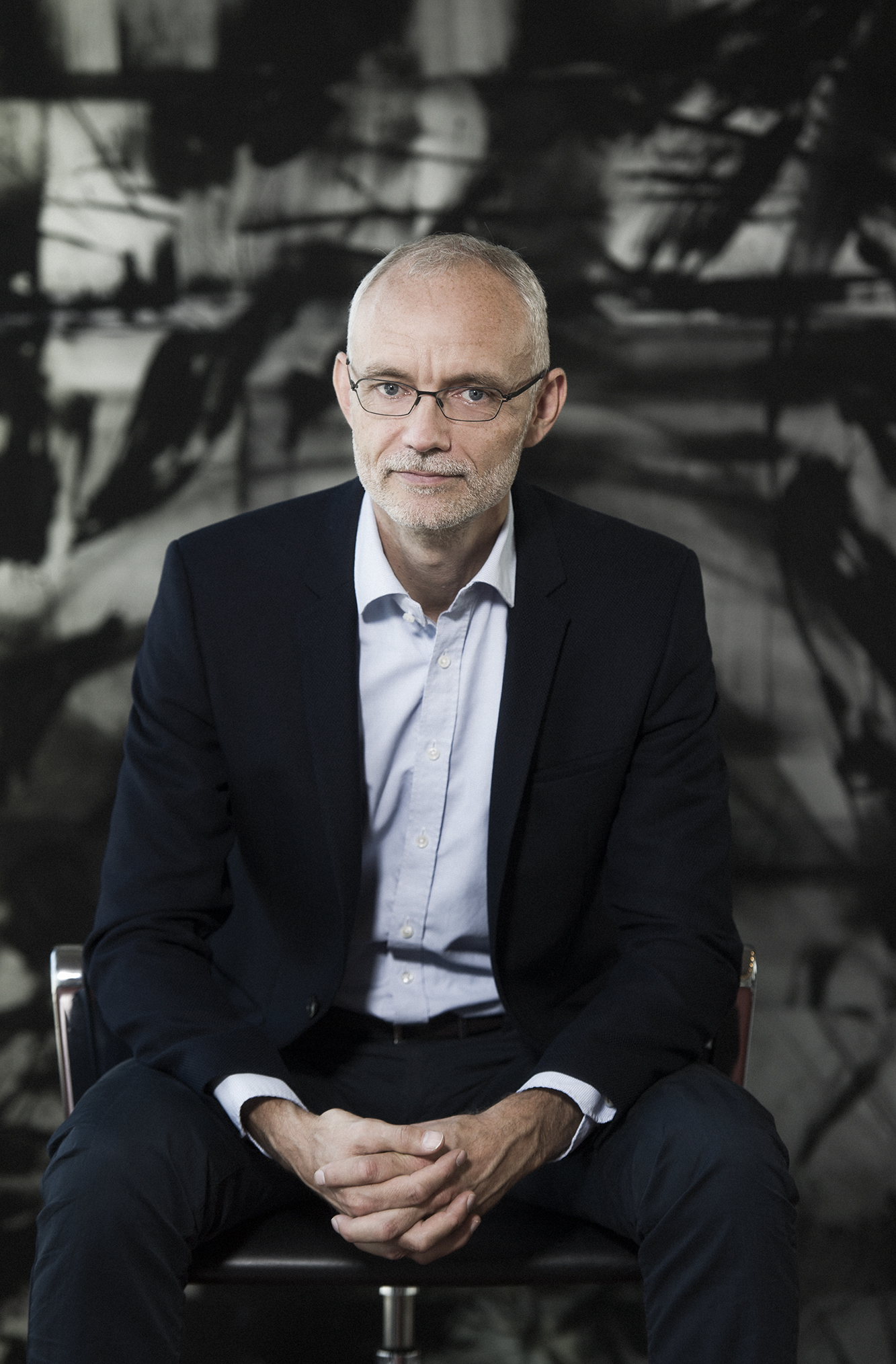
Big classes, limits to the feedback CBS can give to students, and not enough researchers to ensure a sufficient research-based education are what is the most damaging about poor research funding according to Søren Hvidkjær, CBS’ new Dean of Research. CBS WIRE asked him eight questions about the time coming, and he gives an idea of how to improve research.
Big cardboard boxes are placed along the wall and on top of each other in Søren Hvidkjær’s new office at the Wedge. On the 1st of January 2018, he got a new job as dean of research at CBS in replacement of his former job as the head of the Department of Finance.
But so far he hasn’t had the time at all to unpack the cardboard boxes and get settled in his new office.
CBS WIRE paid the new dean a visit to talk about what CBS can expect of their new dean, what challenges he is faced with, and how research can be improved.
What are you going to do the first six months as dean of research?
First of all, I hope to be able to get acquainted with the various research environments.
In many ways, the DNA of CBS is our diversity. This is something to treasure, but it also means that becoming familiar with the different environments and obtaining an overview of research at CBS requires quite a bit of effort. But I look forward to putting in that effort. And then I of course look forward to work with Gregor Halff, the new dean of education, who starts in April. But all in all, getting acquainted with the part of CBS I know the least.
What are your most important goals as the dean of research?
We are in it for the long haul and research is a long-term project, but in terms of goals, I want to continue developing the strength and quality of the research conducted at CBS.
That is not only important for the research in itself, as a strong research environment provides a solid foundation for producing excellent graduates in our study programs. It is also important for attracting relevant external funding, for improving our basic research funding, and providing competent dissemination and advice to society.
So, in this way, excellent research is pivotal for our mission at large.
Besides that, I have some specific areas I want to look into. For instance, the PhD program is a critical driver for our academic standing, and important for the long-term sustainability of our business model. I would like – to a larger degree – to place our PhDs at other leading business schools and universities, as it is a key indicator of the strength of our research, and it is a way of spreading the ideas from CBS elsewhere.
And finally, a broader goal is to help creating an even more stimulating and inclusive environment, open up to new ideas, but also constantly challenging new ideas. This can bring out great research and also makes CBS a place where it’s fun to work
What is good research today?
To me, good research follows the scientific method. We develop hypotheses with testable predictions, we test those with data, refine the hypotheses and continue to improve our work. This works because it’s a great error-correcting method.
Now, I don’t think this is the answer you would get from everyone. Not all researchers would agree with me, but that’s fine. Diversity would be a rather empty concept if we didn’t disagree on some matters, and I would welcome any discussion here. However, one thing we can all agree on is honesty.
Honesty is fundamental in delivering good research. Even if the results may not go the way you would like, you still need to report them.
What is good research in 10 years?
I may be a little old school, as good research today is also good research in 10 years in my opinion. The research method we use is on firm ground, and I don’t anticipate any fundamental changes. However, what you can say is that in this fact-challenged age, good research is more important than ever.
Whenever politicians or interest groups double down, we have to double up as researchers. The answer is not to behave like politicians or advance our owncause, but to stick with reasoning and facts and point out flaws in claims made in the public sphere.
Researchers have that responsibility. And CBS researchers fulfill this every day.
Everybody knows that CBS is badly funded, especially in the research area. How big a problem is that?
The basic research funding constitutes the biggest challenge. The biggest effect of this is on our study programs, where it is the most damaging. The reason for that is that with the low research funding, we can’t hire enough researchers to ensure that our study programs are research-based to the extent we would like.
For example, the master thesis is the pinnacle of five years of studying. This is where you, as a student, bring together what you have learned here at CBS. When writing this, the students have a right to get a supervisor. Now, often it can be relevant to have a practitioner as a supervisor because of the focus of the thesis. Certainly, many of our part-time practitioner staff are awesome supervisors.
However, the principle should be that any student who would like to get a researcher as a supervisor, should have that possibility. But unfortunately, with the poor funding, we don’t have enough researchers, which means students will have to get external supervisors, even though they would have liked to have a researcher.
This issue can really only be solved by increasing the basic research funding. It is a major challenge, and again, we would be able to do better research with more funding, but the obligation to our students is the most important, and as it is right now it’s not optimal.
We have big classes, which limit the interaction between students and teacher, and it limits the feedback we can give to students. And then there are certain classes we simply cannot offer due to the lack of manpower. So in order to improve this, we need more funding.
However, when this is said, I think CBS is doing amazingly well with the funds that we have, but we could of course do better if we had more money.
How are you going to improve funding in the future?
There are many ways to get better funding. Most importantly, to get a better basic research funding, we continually need to prove that we can deliver excellent research. If we do this, there are no excuses for not funding us accordingly.
This means that we need to continue to nurture our international environment and for instance get more ERC grants from the EU. This is not just because they provide research funding, but also because it’s truly an acknowledgement of quality by our international peers. This is just one example and we need to ensure quality across the board.
Increasing our basic research funding is a long process that Per Holten-Andersen has worked tirelessly on for several years. Fortunately, we are beginning to see signs in the right direction; most recently with added basic research funding of 55 million starting in 2019. This will make a real difference, but there is still a long way to go.
How will CBS conduct research that makes a difference in society?
I think there are several channels. Firstly, our research benefits society through our students. They are critical, independent, structured and informed thinkers as well as having concrete technical skills, and that’s important for companies and the private sector. It is the center of our democracy.
Secondly, that research continues to inform the public debate and in many ways change public policies.
Thirdly, specific research projects will help specific companies create value in the future.
But how research affects society really is driven by the researchers themselves. I don’t want to sit here and judge what’s going to be important, because it’s based on the researchers and on their commitment to drive the impact of society in the future.
Could you imagine some out-of-this-world research in 10 years?
I’m not even sure I’m the right person to speculate here. I think… Now, we are getting out of my role as dean of research. Some people talk about the singularity point, when self-improving machines become smarter than humans in any way you can think of. That’s not going to happen in 10 years, but it may happen in the future, and that in turn poses some deep ethical and moral questions about research.
Now, does that pose questions about CBS’ research in the near term? Probably not, I have a five-year contract, so I think we are okay. But it certainly is something I take an interest in.



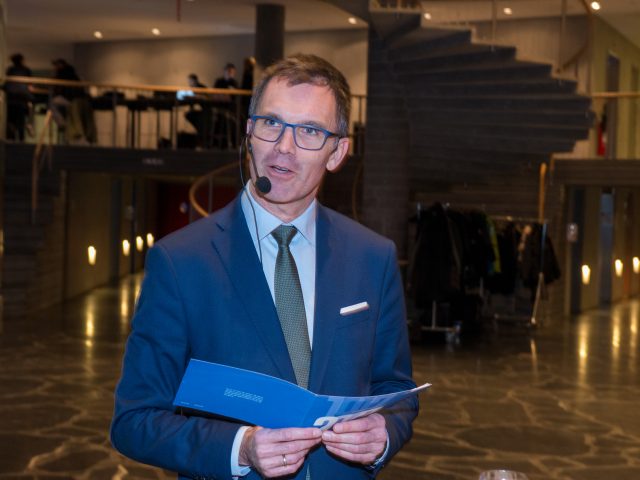
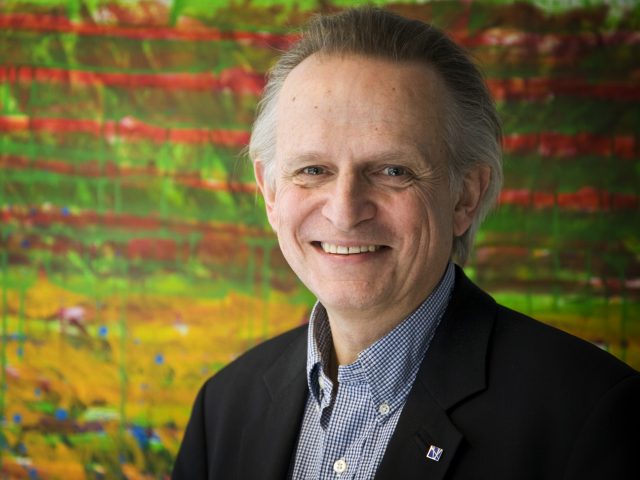
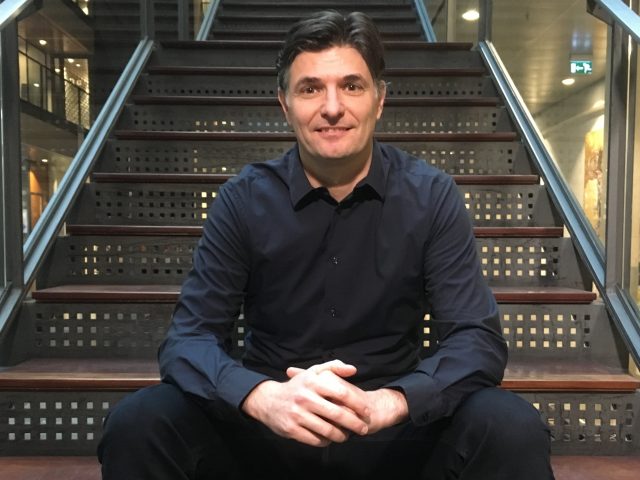
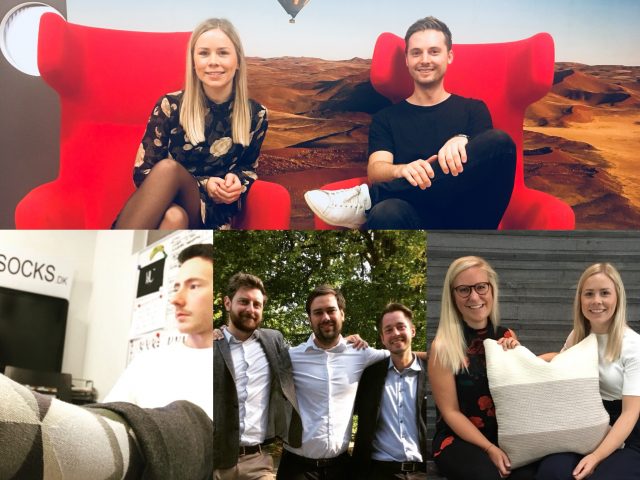
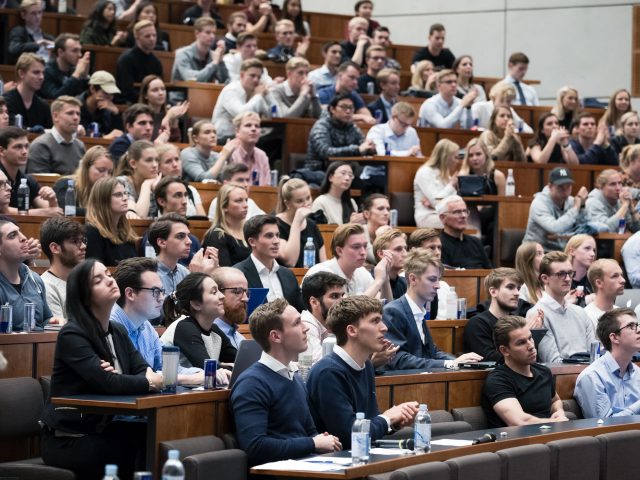




























































































































Comments